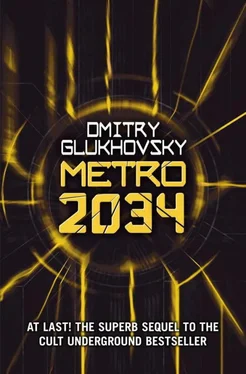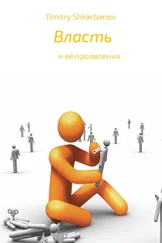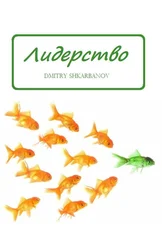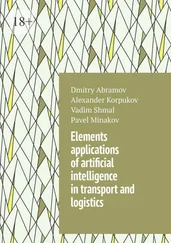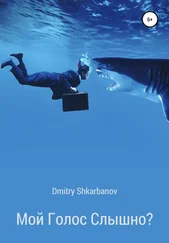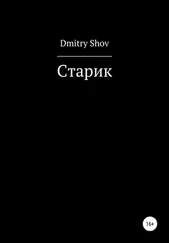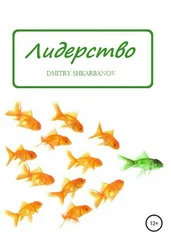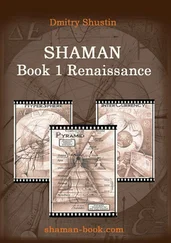But barely half an hour after his encounter with the monsters at Nagornaya, he had already forgotten his terror. And beyond that, he could sense a vague, timid stirring somewhere inside himself, somewhere in the depths of his soul. Something was being born, or awakening – the thing he had been waiting for, asking for. The thing he had sought for in his most dangerous expeditions, the thing he couldn’t find at home.
So now he had a cogent reason for struggling with all his might to postpone death for a while. He couldn’t allow himself to die before he had completed his work. The Final War had been much fiercer and more violent than any that preceded it – which was why it had been over in a matter of days. Three entire generations had passed since World War Two, and its final veterans had gone to their eternal sleep, leaving the living without any real fear of the memory of war. From being a form of mass insanity that deprived millions of people of everything that was human, it had once again become a standard instrument of politics. The stakes had been raised too fast, there simply wasn’t enough time to make correct decisions. The taboo on the use of nuclear weapons had been brushed aside in passing, in the heat of the moment: the shotgun hung on the wall in the first act of the drama had been fired after all in the penultimate act. And it didn’t matter any longer who had pressed the fateful button first.
Almost all the major cities on earth had simultaneously been reduced to rubble and ash. Those few cities that were protected by anti-rocket defence shields also gave up the ghost, although at first sight they appeared almost untouched: hard radiation, military poisons and biological weapons wiped out their populations. The fragile radio contact established between the scattered handfuls of survivors was finally broken off only a few years later, and from then on for the inhabitants of the Metro the world ended at the frontier stations on the inhabited lines.
The Earth, which had seemed so thoroughly studied and so small, had once again become the boundless ocean of chaos and obscurity that it used to be in ancient times. One by one, the tiny islands of civilisation sank into its murky depths: deprived of oil and electric power, man rapidly reverted to a wild state. An era of stagnation was beginning.
For centuries scientists had lovingly restored the fabric of history from scraps of papyruses and parchments that they discovered, from fragments of legal codes and old folios. With the invention of printing and the appearance of newspapers, the presses had carried on weaving the fabric out of events covered by the newspapers. There were no gaps in the chronicles of the last two centuries: every gesture and every utterance of the leaders who controlled the destinies of the world had been thoroughly documented. Then suddenly, in a single instant all the world’s printing presses had been destroyed or abandoned forever.
The looms of history had stopped weaving. Few had any interest in it, in a world with no future. The broad fabric came to a sudden end, leaving only a slim thread intact.
For the first few years after the catastrophe Homer – who was still Nikolai Ivanovich then – roamed through the overcrowded stations, desperately hoping to find his family in one of them. When hope departed, he carried on wandering, orphaned and lost, through the darkness of the Metro, not knowing what to do with himself in this afterlife. Existence had lost its meaning, the ball of thread that could have shown him, like Ariadne, the right path to follow through the endless labyrinth of tunnels, had fallen from his grasp.
Pining for times gone by, he started collecting magazines that allowed him to remember a bit, to dream a bit. As he pondered the question of whether the apocalypse could have been avoided, he became fascinated by the articles and analyses in newspapers. Then he started writing a bit himself, imitating the news articles, and describing events at the stations where he had been.
And so it happened that Nikolai Ivanovich picked up a new guiding thread to replace the one he had lost: he decided to become a chronicler, the author of a modern history – from the End of the World to his own end. His haphazard and purposeless collecting acquired meaning. Now he had to make a painstaking effort to restore the damaged fabric of time and continue weaving it by hand. Other people regarded Nikolai Ivanovich’s passion as harmless eccentricity. He would happily hand over a day’s ration for old newspapers, and at every station destiny took him to, he fitted out his own little corner, transforming it into a genuine archive. He joined the watches, because round the campfires at three hundred metres from the station, stern-faced men started telling tall stories, and Nikolai Ivanovich could fish information out of them about what was happening at the far end of the Metro. He collated and compared dozens of rumours in order to sift the facts out of them, then neatly filed the facts away in his school exercise books. The work was a good way of occupying his mind, but Nikolai Ivanovich was always haunted by the feeling that he was doing it in vain. After he died, the terse news reports collected with such loving care in the herbariums of his exercise books would simply crumble into dust without proper care. If he failed to come back from watch duty some day, his newspapers and chronicles would be used for lighting fires, and they wouldn’t last long.
Nothing would be left of the pages that had darkened over the years but smoke and soot: the atoms would form new compounds and assume a different form. Matter is almost indestructible. But what he wanted to preserve for posterity, the elusive, ephemeral substance that dwelt on the newspaper pages, would vanish forever, completely. That was the way a man was made: the content of his school textbooks survived in his memory until the final examinations and no longer. And forgetting everything he had learned off by rote gave him a feeling of genuine relief. ‘The memory of man is like sand in the desert,’ thought Nikolai Ivanovich. ‘Numbers, dates and the names of secondary political figures remain in it no longer than notes written on a sand dune with a stick. It all gets swept away and covered over, not a trace is left.’
In some miraculous fashion, the only things that were preserved were those capable of capturing the human imagination, setting the heart beating faster and engaging people’s minds and feelings. The gripping story of a great hero and his love could outlive the story of an entire civilisation, infecting the human brain like a virus that was transmitted from fathers to children over hundreds of generations.
It was this realisation that led the old man to his deliberate transformation from a self-styled scholar into an alchemist, from Nikolai Ivanovich into Homer. And now his nights were devoted, not to compiling chronicles, but to searching for the formula of immortality. A storyline that would be as long-lived as the Odyssey, a hero with a lifespan to rival Gilgamesh. Homer would try to thread the knowledge he had accumulated onto this storyline. And in a world where all the paper had been squandered for heat, where the past was gladly sacrificed for a single moment in the present, the legend of a hero like that could infect people and rescue them from mass amnesia.
But the mystical formula wouldn’t come to him. The hero refused to be born into the world. Rewriting newspaper articles could not possibly have prepared the old man for making myths. For breathing life into golems, transforming invention into enthralling reality. Torn-out and crumpled sheets of paper filled with uncompleted first chapters of the future saga, with unconvincing characters who lacked life, transformed his desktop into an abortion clinic. The only fruits of his nocturnal vigils were the dark circles under his eyes and the bite marks on his lips.
Читать дальше
